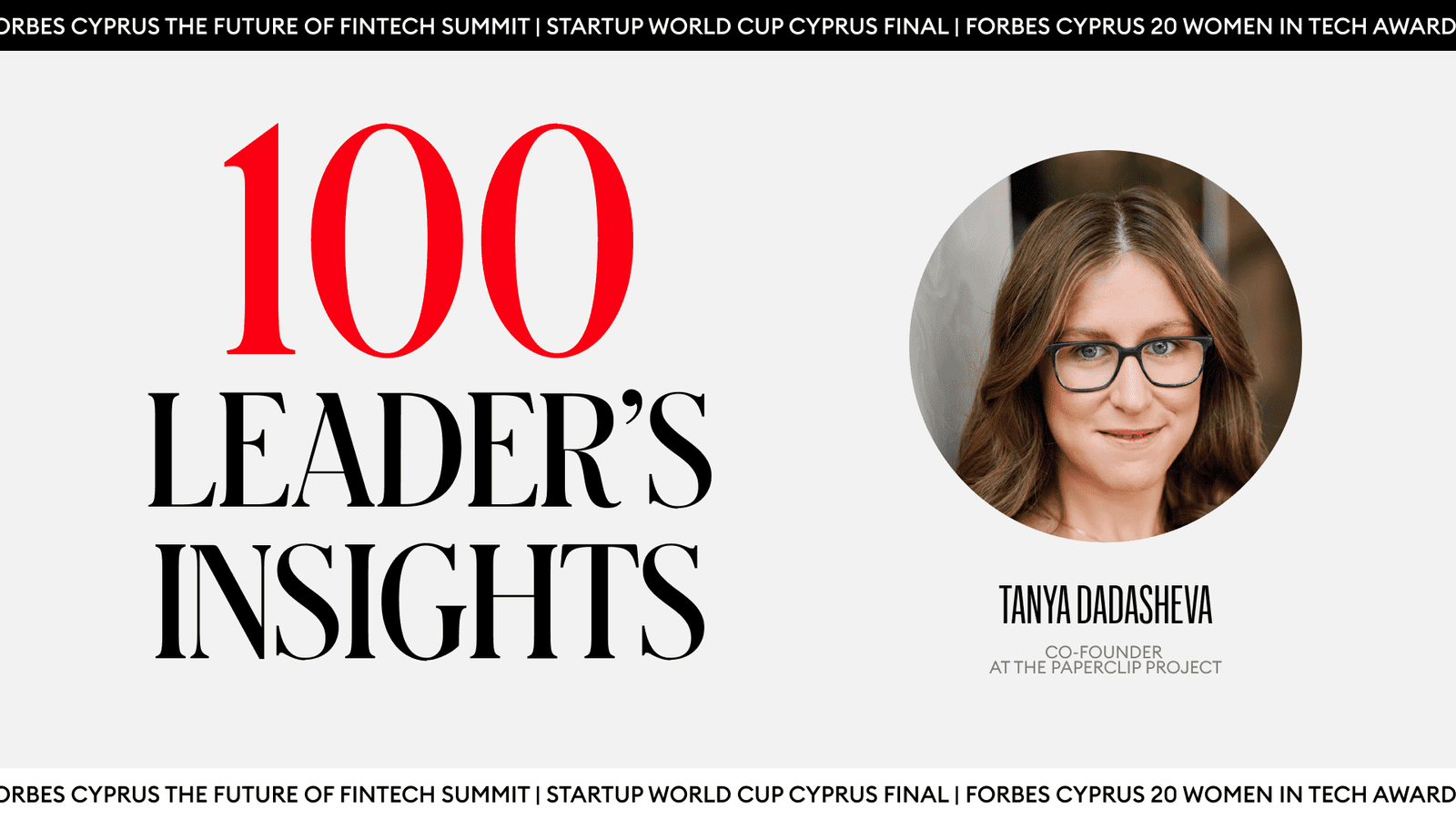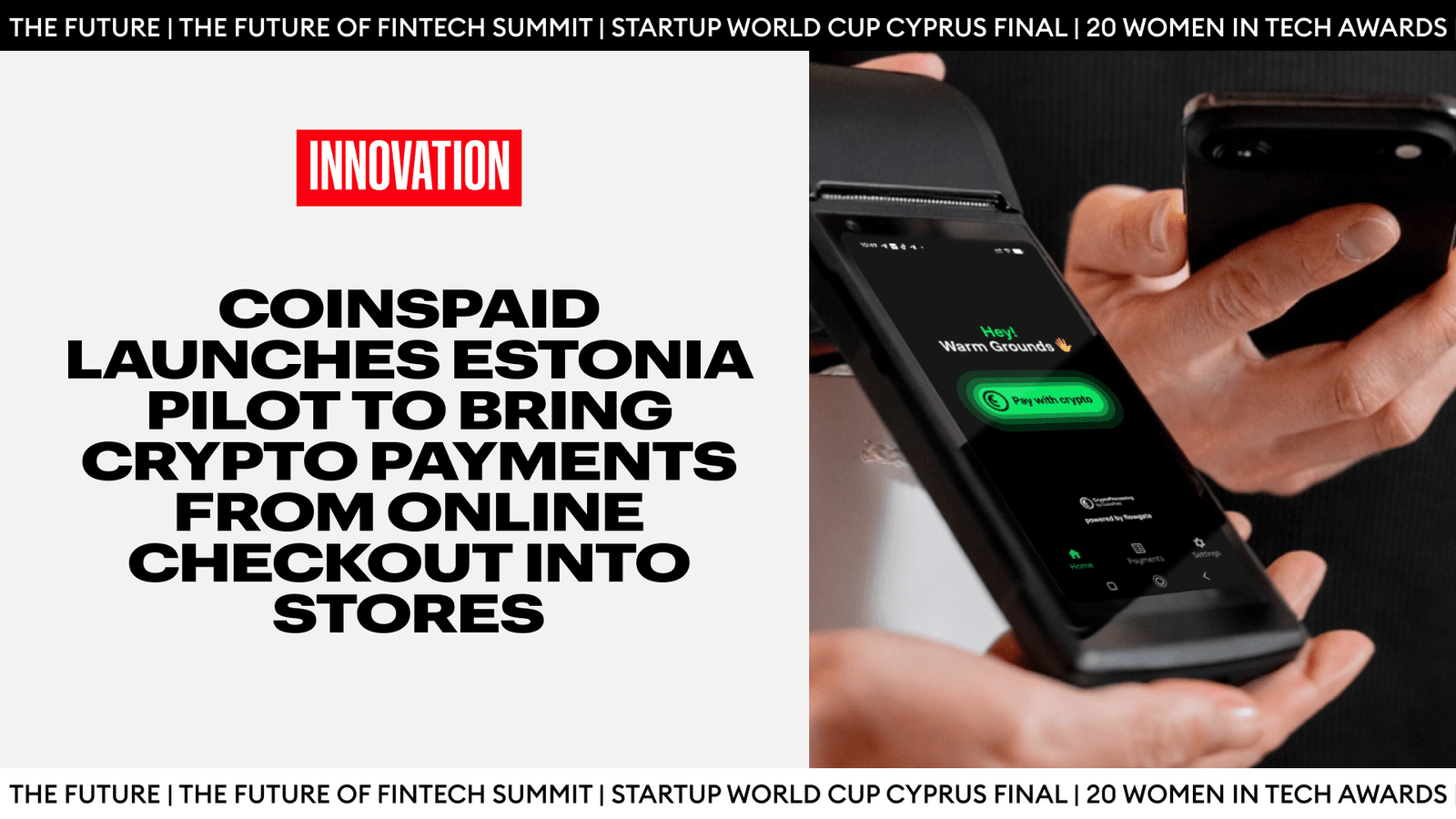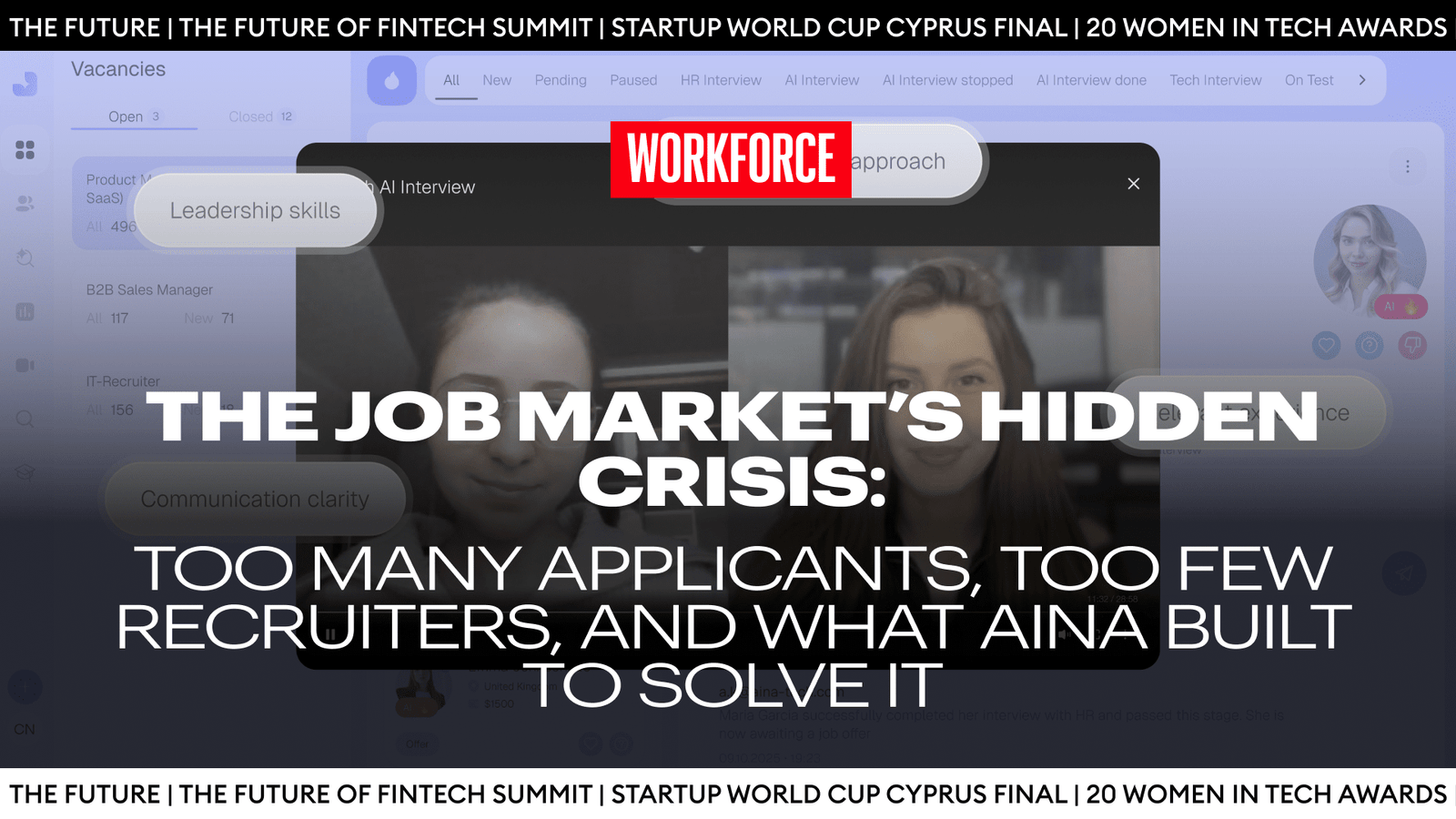Welcome to the Leader’s Insights, a place where The Future, asks the simplest, yet, the most interesting questions to the executives of well-known companies, startups and innovators.
This time we have, Tanya Dadasheva a co-founder of The Paperclip Project helping tech companies affected by the wars to leverage Open Source for freedom of tech from politics.
Follow THE FUTURE on LinkedIn, Facebook, Instagram, X and Telegram
She is a tech entrepreneur with the latest venture in AI building Ainekko, a 100% open-source company democratizing transformer-based model development and application. Tanya is an ex-VC @Almaz Capital with a broad OSS portfolio, and an ex-OSS policymaker, working to integrate developing countries into the global scene.
Let’s see what Dadasheva has to say…
1. Do you remember your first day on the job at The Paperclip Project?
I’ll always remember the day The Paperclip Project was started at an apartment of my co-founder Michael Bielicki in Potsdam, 3 of us (with Roman Shaposhink) huddled over a whiteboard brainstorming ideas. It was one week into the Russo-Ukrainian war and we needed a solution to get people and tech out of war economies. Michael suggested Cyprus as our new home base and 3 days later we were here registering the company and talking to the Ministry of Energy, Commerce and Industry. It was the start of an important chapter in my life.
2. What is more difficult: being interviewed to join a team or doing the interviews yourself?
I have been interviewed only by one company in my life, I got the job while still studying in the university and since then I have been either a venture capitalist or an entrepreneur. In contrast, I did interview a lot of people for various roles from CEOs to engineers. I will not say it’s more difficult to interview people but definitely way more interesting, as you get to envision how the person will fit in the company, and what they can bring both in expertise and team dynamics. Every new candidate gives you another version of the future, what your company might be. I guess in the position of employer the trickiest part is not the hiring, but knowing from day 1 that you might fire that person and it’s a healthy part of the relationship.
3. What do you most value in your employees?
I value curiosity in my employees the most. I respect people who don’t just do their job but ask a lot of questions to themselves and people around them with a sincere interest in hearing opinions and looking for more unconventional answers. I believe that is the only way to create innovation.
4. Which is a motto/quote you use in your work?
“Community over code”. It’s a motto of Apache Software Foundation, but recently I’ve been repeating it quite a lot, and even my latest company is community first, product later. People are the most important asset we have and we must reflect it in our priorities.
5. If you were back to the start, what would you advise yourself for a great career?
If I could give one piece of advice to myself at the beginning of my career I would say “Start building the team that will follow you in your second and third businesses right now”. It’s never too late, but it’s way easier to have dynamics settled in the core team than juggle it among other variables of early-stage companies.
6. How do you pump up your creativity?
Randomisation is required to push a process out of a local extremum. That’s why even simple random inputs like talking to other people might lead you to unexpected new lines of thoughts. The only requirement is not to talk to people who fall into your confirmation bias. Running ideas by people with authentic views as often as possible will never allow you to get stuck.
7. What is a talent you would like to have?
I always wanted to have musical talent and regretted not learning to play any musical instrument as a kid. My dream is sometimes of playing the violin to help me think or going on stage on a jam night in my favorite jazz club. I also think playing in a band can teach kids a lot, so I envy those who have that experience.
8. How do you balance work and personal life?
I don’t. For me work is life. I literally discuss it on dates – not tasks and boring logistics, but learnings and adjustments of vision. I believe that sharing this journey and personal growth is a very underestimated part of the connection with other people.
9. What are the top five foods you like in Cyprus?
- Halloumi (of course!) and other goat/sheep milk products,
- Watermelons are the best in Cyprus,
- Portokalopita – making this pie is also fun, a very unusual process,
- Restored traditional recipes by To Patriko,
- Anything from Fahrenheit Bakery in Larnaca.
10. Can you name your top five favourite places in Cyprus?
- Euphoria Art Land – amazing colorful houses to stay in and cool events close to Governor’s Beach,
- Riverland Biofarm,
- Akamas Forest for hiking and Aphrodite Family Eco Camping,
- Stavros tis Psokas – mouflon reservation in the mountains,
- Wineries and breweries – can’t name a favorite they are all unique and very interesting to visit.
11. Which personality, throughout history, do you admire most?
Living in Cyprus, I learned a lot of legends about Astarte that really inspire me. Especially when civilisations were collapsing at the end of the bronze age and Astarte and Ingot God led the creation of a hotbed of innovation in Cyprus. It might not be historically correct, but the stories resonate with me and make them easy to believe.
12. Who is your favourite author/book that helped your career?
Accelerando by Charles Stross. It’s an open-source book under a Creative Commons license that predicted so many things in our industry 20 years ahead of time. I even named my latest company after one of the characters!
13. Where would you advise our readers to go this summer?
San Francisco! For anybody interested in AI, it’s the place to visit for sure – so much energy around it you can’t walk the streets without hearing talks about meetups and conferences happening every day! Artists, jazz and street fairs are another part of life there. Also, it’s a way to escape summer heat as it’s nice and stable 22C there.












